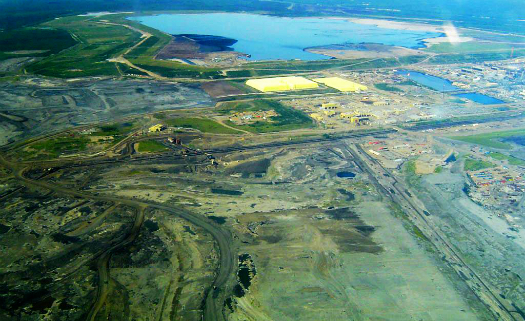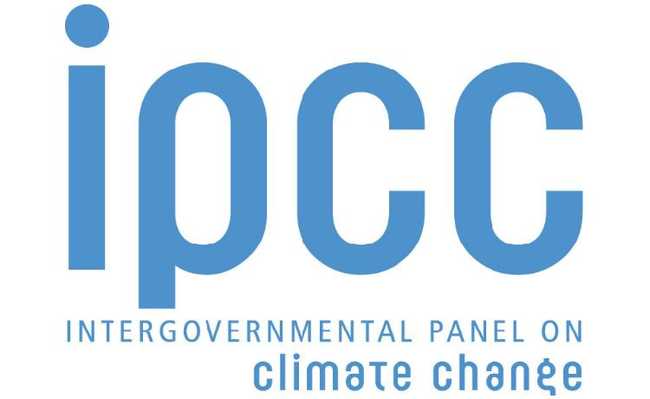Oil sand exploration is making Canada one of the world's biggest polluters
The country could become one of the biggest responsible for the planet's pollution in 2020

Canada has always been known for its environmental protection and preservation policies. According to a report made available by the government, air quality in the country should increase with the reduction of 28 million tons of CO2 emissions between 2010 and 2020.
This news would be great if it weren't for the new and increasingly worrisome Canadian reality. Thanks to the intense and incessant exploitation of bituminous sand (a kind of oil in a semi-solid state), the country will be responsible, in the same period, for the emission of 56 million tons of carbon dioxide.
water contamination
Canada's main source of bitumen is in the Athabasca River region in northern Alberta. A 2012 study shows the worrying impacts of this activity on both nature and human health.
The analysis of six lakes, all close to the Athabasca mines, shows the contamination of their sediments by polycyclic aromatic hydrocarbons (PAHs). The numbers are up to 23 times greater than those measured in the 60s, when exploration, albeit small, began.
Further research showed that the PAHs present in the lakes were the same found in samples of tar sand in the region, thus proving their origin.
Accidental spills have also become common in the locality, exposing the Athabasca River, the animals that live in it and the people who depend on it to heavy metals such as cadmium, nickel and mercury.
The result of this is mutations and the appearance of tumors in fish, in addition to the exposure of entire indigenous communities to carcinogenic substances present in their water and food.
Devastation
Approximately 20% of the region's bitumen reserves are exploited through open pit mining. The consequence of this is the deforestation of the boreal forest and the complete destruction of an ecosystem.
Added to this is the fact that the extraction of bituminous sand is 12% more polluting than the process usually used in traditional oil wells (to learn more about the bitumen extraction process, read our special article).
Watch a documentary below on the problems faced by residents of the Athabasca region, and their perspectives on the future.










